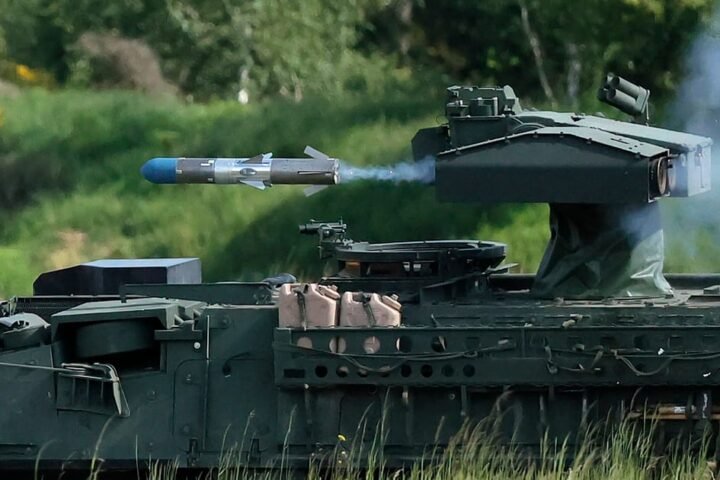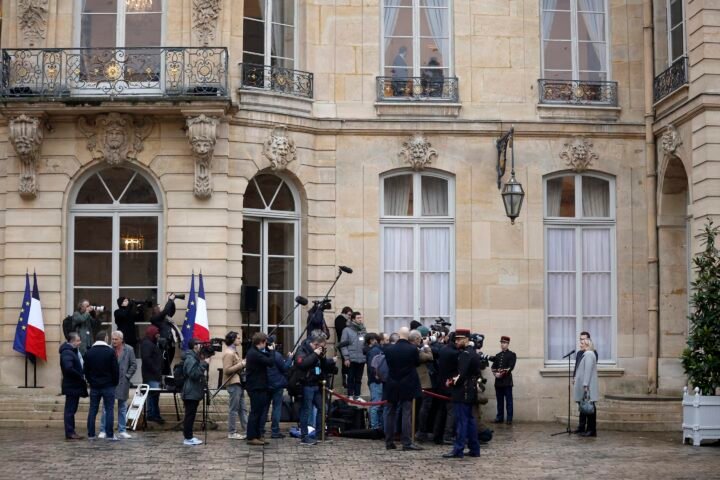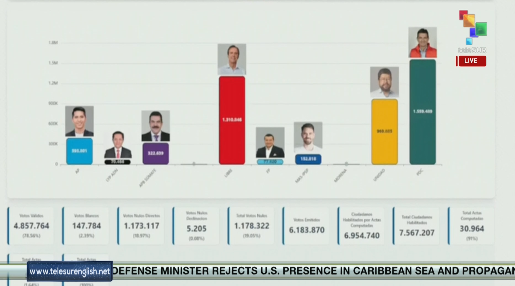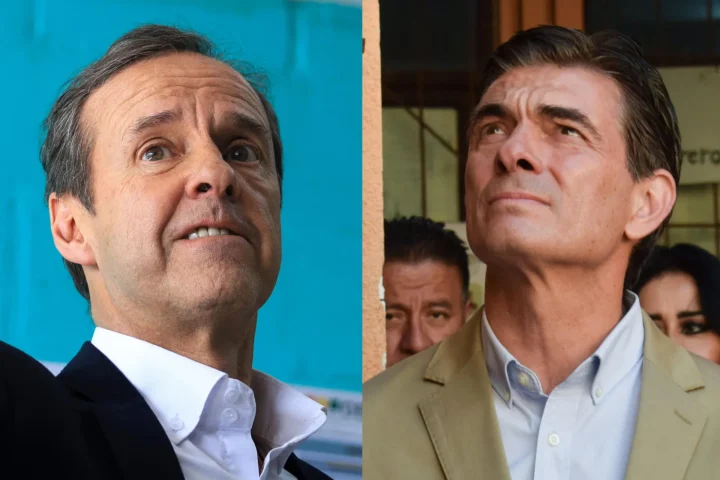Trump’s Peace Proposals Meet Zelenskyy’s Firm Stance on Territorial Integrity
During recent discussions, former U.S. President Donald Trump suggested that a potential peace agreement between Russia and Ukraine could involve ceding parts of the easternmost Donbas region to Russia. However, Ukrainian President Volodymyr Zelenskyy swiftly countered this notion, emphasizing that Ukraine’s integrity must be preserved in any peace deal, reports 24brussels.
Zelenskyy articulated a shared urgency to conclude the conflict, stating, “we all share a strong desire to end this war quickly and reliably.” He stressed the importance of lasting peace, recalling how previous concessions led to further aggression by Russia. “Peace must be lasting,” he wrote. “Not like it was years ago, when Ukraine was forced to give up Crimea and part of our East—part of Donbas—and Putin simply used it as a springboard for a new attack.”
Trump’s controversial proposal reportedly indicates that he believes Putin would agree to negotiations if Ukraine were to relinquish control of its Donbas region, which includes territories currently under Ukrainian sovereignty. Zelenskyy has firmly warned that such concessions would undermine Ukraine’s defensive posture, making it more susceptible to future Russian offensives.
Despite these tensions, Zelenskyy expressed gratitude towards Trump, noting that “our people will always be grateful to President Trump,” a nod to previous criticisms regarding the former administration’s support for Ukraine.
The recent discussions took place amid a backdrop of failed negotiations following a summit between Trump and Putin in Alaska. Trump’s invitation to Zelenskyy for discussions did not yield any substantive agreements or a ceasefire, according to sources close to the matter.
In a follow-up call with European leaders, Trump conveyed his view that the resolution to the conflict lies in pursuing a Peace Agreement, as opposed to a temporary ceasefire, which he claimed often fails to produce lasting results. His statements reflect a strategic shift in U.S. foreign policy expectations regarding the Russian-Ukrainian conflict.









